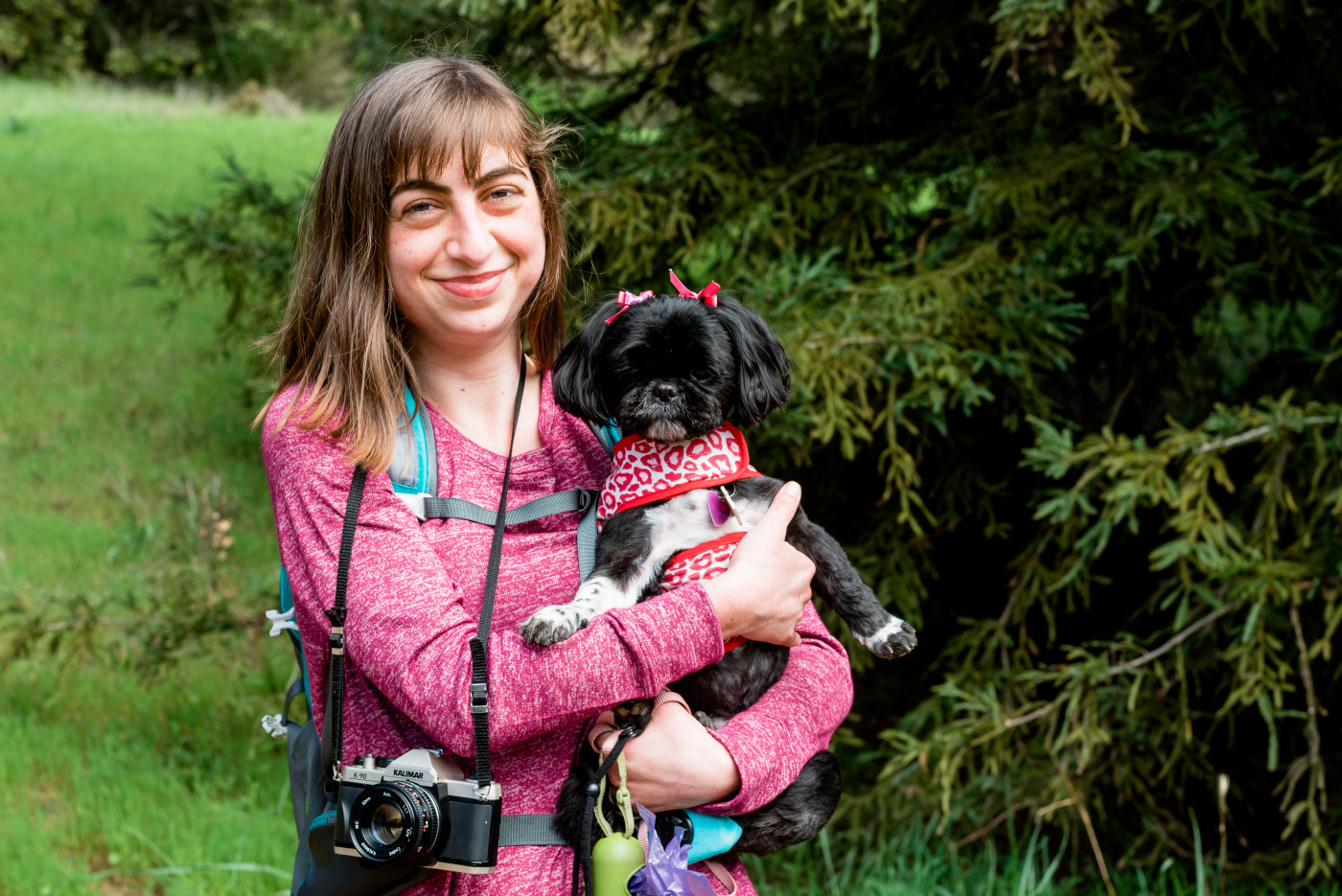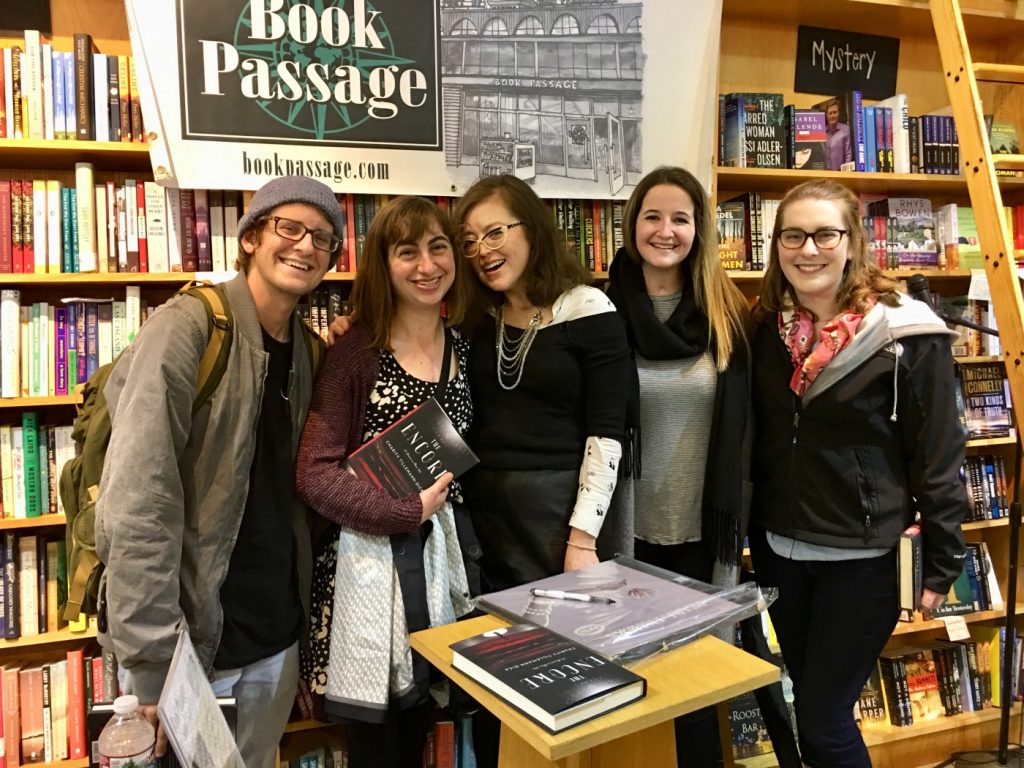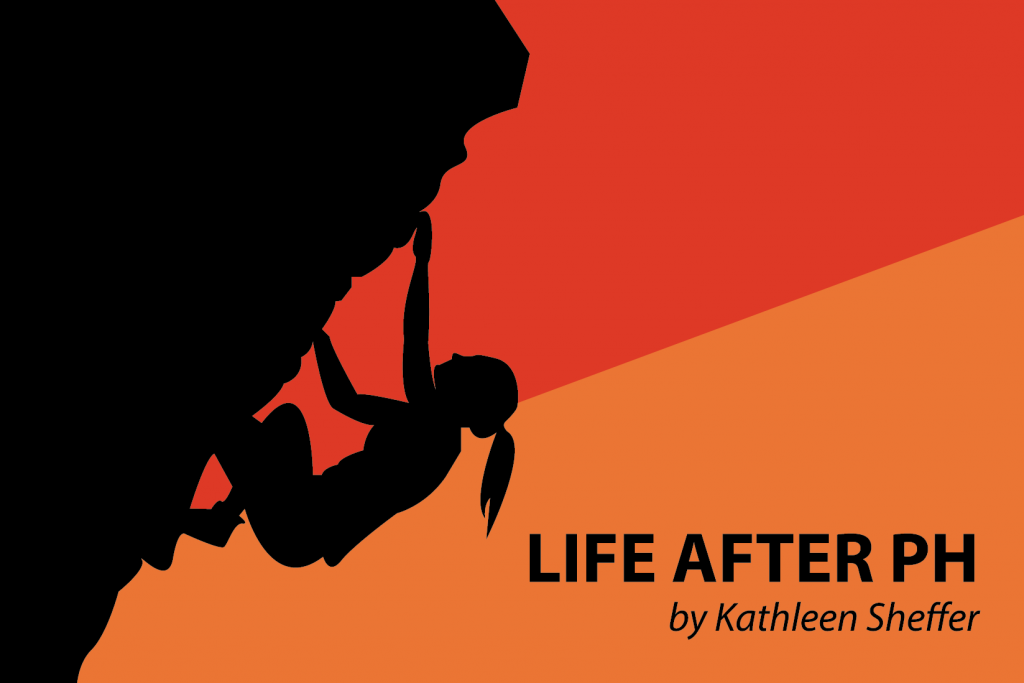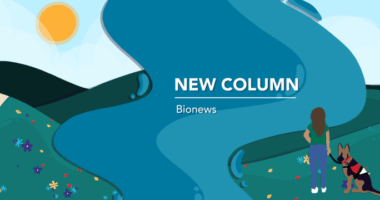Three Ways Transplant Enriches My Life

(Courtesy of Kathleen Sheffer)
Receiving a transplant is more than the gift of life; it’s the gift of a rich life. Living with a transplant is not easy. Though I have fully functioning lungs, they are quite stressful to maintain. My transplant was the single most transformative event in my life, and it has taught me to appreciate the things that are hard and stressful and scary for what they are — part of a rich life.
New experiences
I’ve had so many “firsts” in my 20s that most people take for granted as children. Retrieving something from the bottom of a pool, chasing after my dog, giving a piggyback ride. Such mundane activities feel monumental to me.
My parents draw attention to my accomplishments, even when I’d rather not announce to every other person hiking the trail with us that I couldn’t walk around a block X number of months ago, or when I feel like we should be past the point of acknowledging that I can carry my own suitcase. Really though, my parents are great (clearly my biggest fans, except maybe my sister), and the best part of my new life is getting to do “normal” things with them that I always should have been able to do.
Human kindness
Having another person’s heart and lungs inside me will never stop wowing me. I’m alive because of human kindness. It’s mind-boggling this treatment is even possible.
Awareness of my donor’s death and my own near-death experience keeps me focused on living in the present in a way I will be proud. The memory of my donor motivates me to live a risk-averse but active life, to make the most of the gift I’ve been given. Whenever I lack motivation to push myself while exercising, or to start exercising in the first place, I think about my donor. I carry their heart and lungs, and the responsibility for that gift. I can get my butt out of the giant beanbag chair in my living room and go walk up some stairs.
Tenacious community
Three weeks ago, I wrote about my friend, Brad, and though he’s one-of-a-kind, he’s one of many creative and inspiring recipients I’ve met through support groups, blogging, waiting rooms, and chance encounters in Target. Transplant recipients strike me as inherently resilient people. In fact, we all go through punishing evaluations to ensure we possess the necessary quality.
Living with pulmonary hypertension for 16 years taught me that community is key to staying physically and emotionally healthy. Practical tips from experienced transplant survivors have proven far more valuable than handbook guidelines. We get together for lunches, photoshoots, anniversary parties, and book signings. Between complaints about immunosuppressive therapies that dull our memories, there’s always a focus on what matters, and a sense of gratitude to be together, all of us having escaped death at least once.

Book signing for Charity Tillemann-Dick’s new memoir, “The Encore.” From left to right: Brad Dell (double-lung recipient), Kathleen Sheffer (heart-lung recipient), Charity Tillemann-Dick (two-time double-lung recipient), Clare Dowling (double-lung recipient), and Leilani Graham (heart recipient).
As my disease progressed in college, I often wondered whether pursuing my studies was an appropriate use of time. Unsure I would live to graduate, I doubted the importance of my rigorous classes. I was constantly aware of my proximity to death while living with pulmonary hypertension. Instead of a reminder to live in the moment, the disease felt like a curse unfairly cast upon me.
Don’t get me wrong; I still feel like I was dealt a particularly tricky hand. But something about being minutes from death, and then being saved by so many people in combination (my friend who called 911, the paramedics who transported me, the team that advocated for my priority on the list, my donor, my donor’s family, my surgeon, my caregivers, my supporters near and far) gave me new perspective. Something about the contributions of innumerable miracle-workers makes me feel extraordinarily lucky, despite the genetic misfortune that created a need for them.
Furthermore, it’s quite a bit easier to live in the moment when my oxygen saturation is 100 percent, and my body no longer requires intravenous therapies to survive. Just saying.
***
Note: Pulmonary Hypertension News is strictly a news and information website about the disease. It does not provide medical advice, diagnosis, or treatment. This content is not intended to be a substitute for professional medical advice, diagnosis, or treatment. Always seek the advice of your physician or other qualified health provider with any questions you may have regarding a medical condition. Never disregard professional medical advice or delay in seeking it because of something you have read on this website. The opinions expressed in this column are not those of Pulmonary Hypertension News or its parent company, Bionews Services, and are intended to spark discussion about issues pertaining to pulmonary hypertension.









Leave a comment
Fill in the required fields to post. Your email address will not be published.